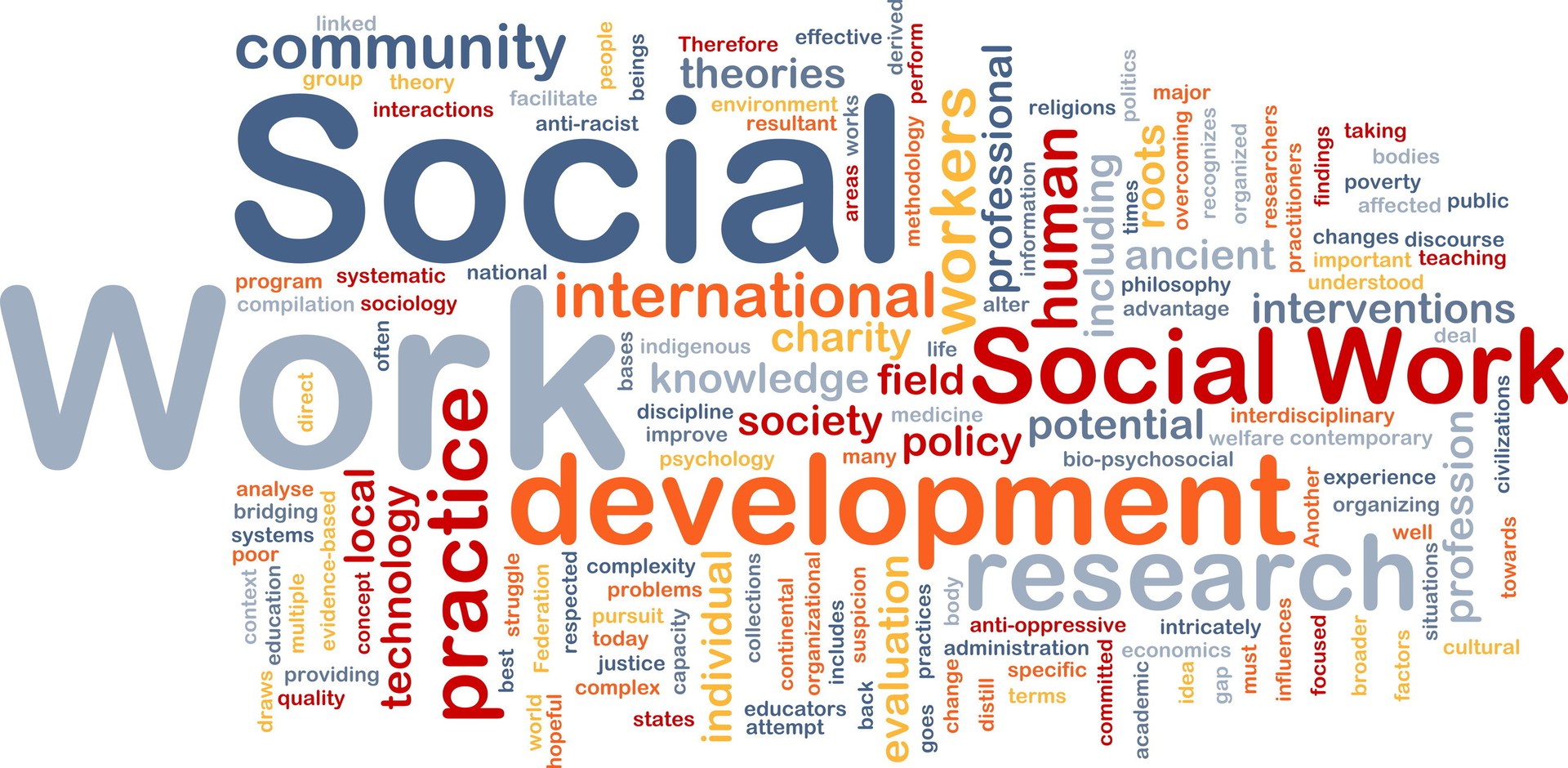Title
Do Older Korean Immigrants Engage in End-of-Life Communication?
Journal Title
Educational Gerontology
Publication Date
2013
Abstract
End-of-life communication is an important process as it allows individuals' treatment preferences to be known, yet not every culture is receptive to such discussions. Planning for end-of-life care is not readily supported in Asian culture, and little is known about individuals' communication with family and health care professionals among older Korean immigrants related to end-of-life care. A cross-sectional study was conducted with 195 older Korean immigrants on end-of-life communication. Measures include end-of-life communication, attitudes toward end-of-life communication, perceived burden, number of adult children in the United States, health status, and sociodemographic variables. Overall, 21.9% (n = 42) of participants reported to have discussed their end-of-life treatment preferences with others, primarily family members. Attitudes toward end-of-life discussions, perceived burden, religiosity, and the number of children in the U.S. significantly accounted for end-of-life communication. Culturally appropriate interventions are recommended to promote dialogue regarding treatment preferences among older adults, family, and health care professionals.
Document Type
Article
Disciplines
Social and Behavioral Sciences | Social Work
Volume
39
Issue
8
First Page
613
Last Page
622
DOI
10.1080/03601277.2012.706471
Recommended Citation
Ko, Eunjeong; Roh, Soonhee; and Higgins, Doreen, "Do Older Korean Immigrants Engage in End-of-Life Communication?" (2013). Department of Social Work. 47.
https://red.library.usd.edu/socialwork/47


